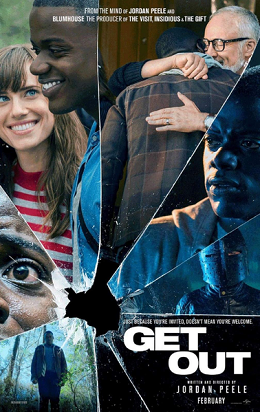
American Animals is a semi-documentary fictional film that tells the true story of the attempted heist of an enormously book from the Transylvania University library.
Spencer (Barry Keoghan) is an art student at Transylvania University. He feels dissatisfied with his life. He believes that he hasn’t experienced enough of the world to be able to produce good art. He tells his friend, Warren (Evan Peters), about a rare book of Audubon prints in the university’s special collections library, a book that is reputed to be worth millions of dollars. Warren is a restless and disaffected youth who is bored with his suburban existence. He talks Spence into a plan to steal the book. They eventually enlist two other people, Erik (Jared Abrahamson) and Chas (Blake Jenner), to help them with their plan.
Never having carried out a robbery before, they decide to learn by watching heist films. In one scene, we see them watching The Killing. The irony of this moment is telling. The Killing depicts a carefully planned robbery that gradually unravels due to a series of unforeseen circumstances. Although they don’t know it, the film foreshadows what will happen with their own plan. In another scene, Warren assigns fake names to everyone, mimicking a scene in Reservoir Dogs. An example of life imitating Hollywood.
It is perhaps a further irony that their own story is eventually made into a film. American Animals is a thought-provoking and deeply moral film.









